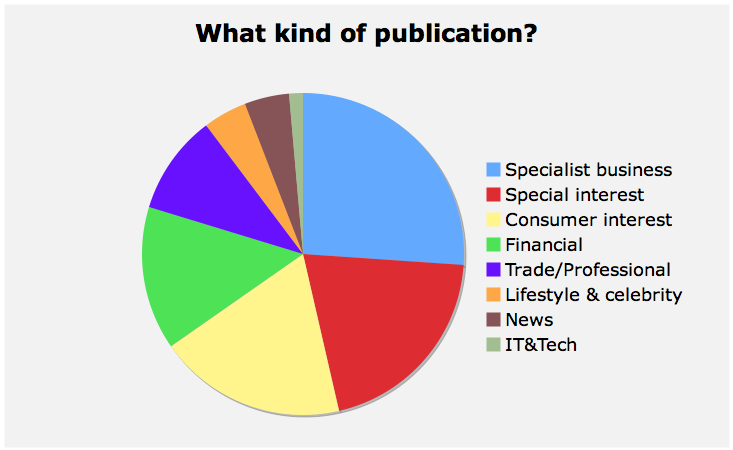Could you sell your skills as a journalist to a potential employer in just 140 characters? Because that is exactly what one editor is asking of potential new recruits.
Alan Geere, editor-in-chief of the Essex Chronicle Media Group and editorial director of Northcliffe Media South East, says he is “fed up of wading through turgid ‘letters of application’ and monstrous CVs”, so instead he is inviting applications for the latest journalism role at the title via Twitter.
In a blog post, Geere vents his frustration at receiving CVs from people he considers to be “would-be journalists who were obviously asleep during the class on intro writing”.
So in a bid to change this he is insisting anyone interested in the latest roles available at the publisher to respond via Twitter to his account @alangeere, giving them just 140 characters to explain what they can do and why they should be considered.
I keep getting told there is an over-supply of qualified people wanting to do journalism. Well, maybe there is but there’s definitely not an over-supply of people who are any good.
It’s an interesting tactic and should hopefully spark some creativity from some entrants, but I do wonder how much you can learn about a person in 140 characters? The other question is about those who wish to keep their application a secret, especially from their current employer/colleagues. I would assume direct messages are the answer here, but will of course require Geere to follow any of those recruits before they can demonstrate their abilities.
See his full blog post here and feel free to leave your thoughts below.

